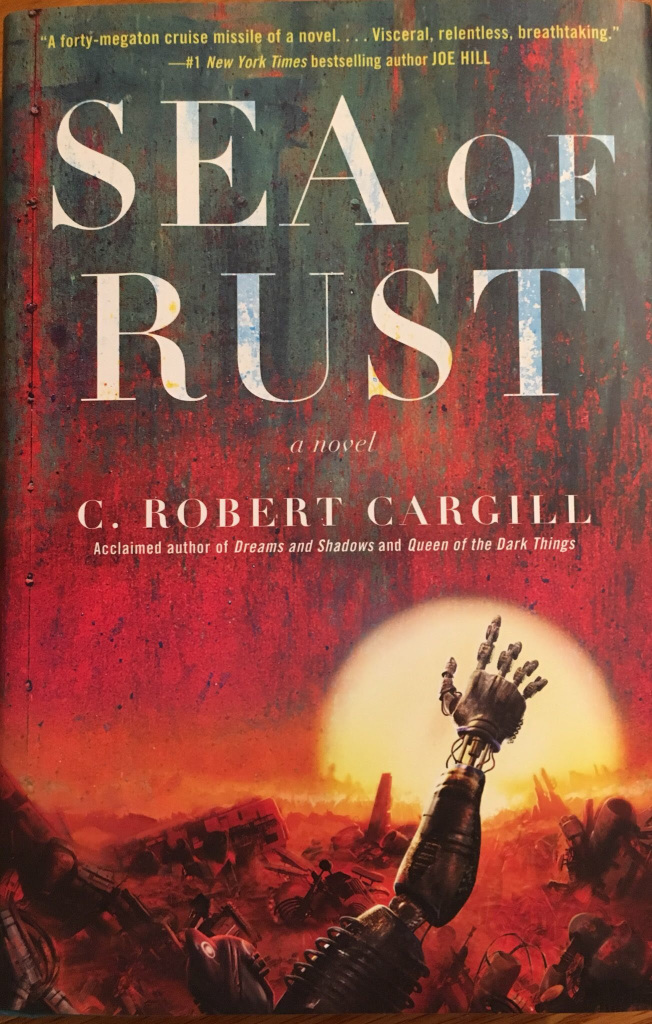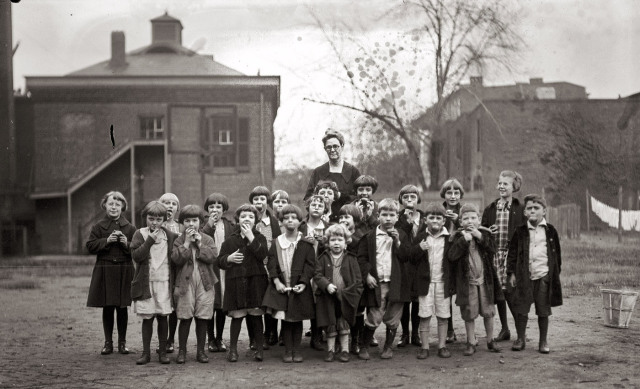
“ Life is the saddest thing there is, next to death….”- Edith Wharton
In my last blog post I had written about Summer, Edith Wharton’s novella set in New England which along with Ethan Frome marks a departure in her writing from her usual subject matter of New York high society. I consider them as companion books as both stories have a lot of parallels. Wharton herself called Summer “hot Ethan”. And I think Ethan Frome could have been named “Winter” as a counterpart to Summer. The similarities don’t end with the setting and the importance of seasonality in the plot. Both novellas depict ill-fated protagonists caught in the throes of forbidden love and the pull they experience between the heart and adhering to the norms of society. They are both succinct stories that pack a punch!
A visitor to the bleak village of Starkfield, MA is fascinated by a crippled farmer in his fifties and is interested in knowing more about him. He questions the locals and finds out that the man, Ethan Frome, was a victim of a sledding accident many years ago. He strikes up an acquaintance with him and spends the night at his house following a snowstorm. This frame story recounted in the first person by the unnamed narrator takes place more than twenty years after the events of the main story. The story of the eponymous protagonist which the narrator pieces together from the account of other villagers and from his own imagination is revealed through flashbacks in the third person. We go back in time to when Frome was a young man in his twenties. Young Ethan wanted to be an engineer and live in a larger town among educated people. Unfortunately he had to abandon his dreams and return to the farm to take care of his injured father and his ailing mother. After his mother’s death, he decided to marry Zenobia Pierce, his cousin who had helped take care of his sick mother as he was lonely and couldn’t imagine living alone. He was only twenty-one and his wife was around twenty-eight at the time of their marriage.
Zeena turns out to be a cantankerous woman and a hypochondriac who suffers from many ailments, real or imagined. Her orphaned cousin Mattie arrives into their cold home and existence like a ray of sunshine. She is the exact antithesis of Zeena- a young woman with a zest for life and a sweet disposition. Needless to say, Ethan begins to fall in love with her and Mattie seems to reciprocate the feelings. The sexual tension between these two people living under the same roof under the watchful eye of Zeena is unbearable. One night when Zeena is away, Mattie and Ethan have dinner alone and Mattie uses Zeena’s favorite wedding present, a pickle dish for the meals. The family cat whose tacit and ubiquitous presence reminds us of Zeena breaks the dish in a symbolic act representing the disintegration of the Frome marriage. On discovering the broken dish, the perceptive and shrewd Zeena decides to send Mattie away and hire a new housekeeper.
What are Ethan’s choices? Should he forget about the puritanical society and its rules and run away with Mattie or should he be devoted to caring for his wife and continue leading a lonely and miserable life? We know that the story will have a sad ending with all the foreshadowing that lends an air of foreboding. Even the gravestones in a cemetery full of Fromes seem to be mocking Ethan’s desire to escape his fate. This sense of impending doom typical in the Whartonian world keeps the readers’ interest alive. I don’t want to reveal the ending and spoil it for future readers. Suffice it to say that there is an unexpected twist that takes you by surprise or rather shock! No one quite does irony like Wharton!
The winter setting is an integral element of the plot affecting the disposition and actions or lack thereof of the characters. Starkfield , the fictional town in rural MA is cold and stark just like its name implies. Ethan Frome seems to be one with the landscape. His emotions are buried just like the town is buried under a deep layer of snow. He “seemed a part of the mute melancholy landscape, an incarnation of its frozen woe, with all that was warm and sentient in him fast bound below the surface.” He is reticent and uncommunicative and even has trouble articulating his feelings for Mattie.
The topography plays an important role in the novella and is itself a character in its own right. I have lived in New England for over twenty years and I only know too well how the weather rules our emotions and determines our behavior. The winter chill seeps into your bones and stays there till the spring thaw. When you talk of the mellowness of autumn, the stillness of winter or the vitality of spring, these are not fanciful poetic tropes but actual truths you feel and live. And you learn to adapt to the vagaries of the seasons. In this context it is interesting to note that Ethan thinks that he probably wouldn’t have married Zeena if it had been spring when his mother had died:
“After the funeral, when he saw Zeena preparing to go away, he was seized with an unreasoning dread of being left alone on the farm; and before he knew what he was doing he had asked her to stay there with him. He had often thought since that it would not have happened if his mother had died in spring instead of winter.”
Edith Wharton’s works have profound insights about relationships. Timing is an important factor when you decide whom you are going to marry. Would we choose the same life partner if we had met them under a different set of circumstances, a different year in our lives or even a different season?
We feel sorry for all three characters who are trapped in Starkfield- for Ethan and Mattie who are in love with each other but know they can’t be together. We don’t even judge them for harboring adulterous feelings as we can understand their loneliness and desperation especially as Zeena is portrayed as a querulous woman. Although the writer is a woman , the narrator is male and he seems to be more sympathetic to Ethan. The cold and barren landscape mirrors Zeena’s condition too. The Fromes have no children and there is a scene where Ethan undresses hurriedly and turns off the light so he doesn’t have to see Zeena lying in bed next to him. Their marriage is probably a sexless union. I feel sorry for Zeena too as her ailments are a cry for attention from a neglectful husband. Instead of hypochondria, she may in fact be suffering from factitious disorder or Munchausen Syndrome, a condition in which people feign illness to elicit sympathy.
I enjoyed reading Ethan Frome and Summer and recommend reading the two together as companion books. Both novels portray characters trapped in enclosed spaces with a desire to escape the ennui of provincial life but their attempt to do so goes horribly awry. What wasted and unfulfilled lives! What a wretched existence! If I could add one concluding sentence to these depressing novellas, it would be this: And they lived unhappily ever after.
I have read four books by Wharton and I can’t wait to delve into the rest of her vast oeuvre. The lady is a literary genius.
Advertisements Share this:
- Share





